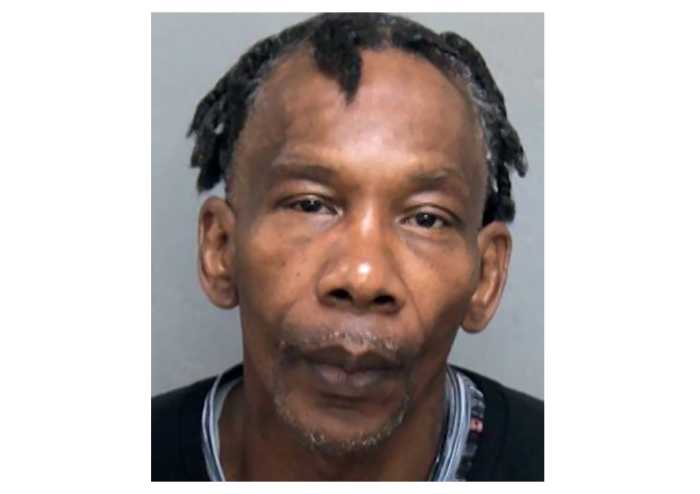Local 237 is the largest public sector local in the IBT representing municipal employees throughout NYC and LI. As a dedicated union member for more than 35 years, Mr. Floyd’s leadership skills propelled him to rise through the ranks from the youngest hospital police captain in HHC’s history, to president of their union. Mr. Floyd is a NYCERS trustee and on the board of many labor and philanthropic organizations, plus hosts a popular radio show.
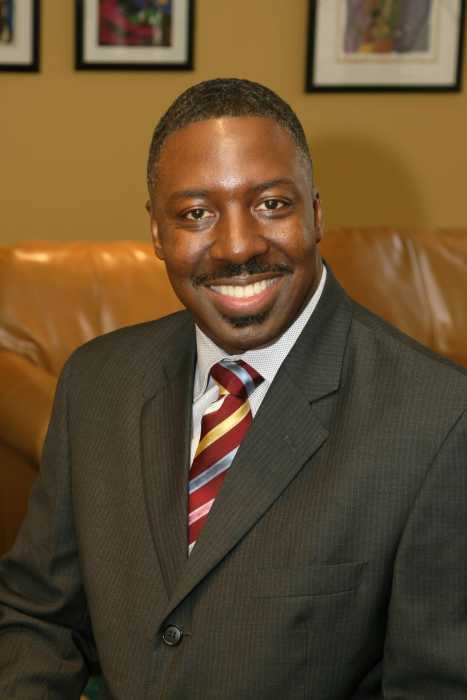
Gregory Floyd
President, Teamsters Local 237 | Vice President-at Large, General Executive Board of International Brotherhood of Teamsters

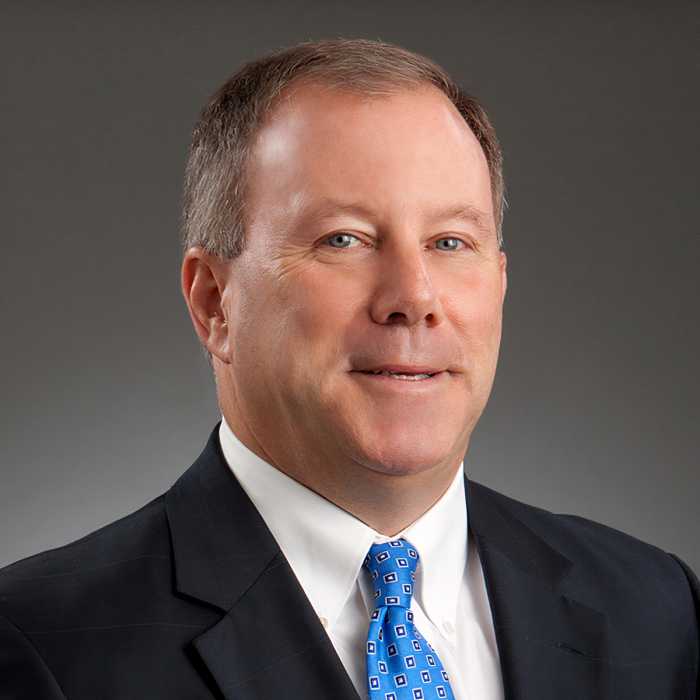
William M. Flynn
Partner, Harris Beach PLLC

Bill Flynn advises organizations on energy-related matters, strategic economic development planning, regulatory affairs, and policy. He leads the Harris Beach Energy Industry Team and advises clients on local, state and federal governmental affairs. Notably, Bill and his team are representing the renewables developer who filed the first-ever solar-only Article 10 project at the New York State Public Service Commission, as well as developers of offshore wind tied to New York’s nation-leading efforts regarding climate change.
What does sustainability mean to you?
Sustainability is not just one thing. It seeks to address the economic, social and environmental challenges facing New York and the world. I’m proud to have served in a variety of positions, such as a past president of NYSERDA, to help develop and implement initiatives to raise the quality of life. I’m particularly optimistic about the era of renewable energy and how our firm is helping lead with those to make that transformation a reality.
Is there one major climate issue your organization is looking to tackle?
Our Energy Industry Team has developed a unique set of diverse competencies so we are capable of assisting in the development of projects involving generation, transmission and offshore wind. If you think about it, those three areas cannot exist without each other. In advising clients on the regulatory, environmental, land use and business challenges, we are proudly making ourselves part of the climate solution in New York State.
What is one thing everyone can do to help protect the environment?
Learn to appreciate the need to balance environmental and economic considerations. This does not have to be a zero-sum game. We can both grow the economy and produce the energy we need to live and work in New York. New York has always been forward-thinking on issues that affect our society and it is very rewarding to utilize the assets our firm has to offer when assisting developers and regulators toward striking that balance.
What steps are your organization taking to ensure a sustainable future?
We are passionately focused on hiring the next generation of committed and conscientious lawyers to carry out the work of our energy industry team. It is all about striving to find the balance I talked about earlier. The energy industry and the economy are in a state of constant change. We need people who understand that sustainability is not an either-or proposition, but a matter of progressing and evolving.
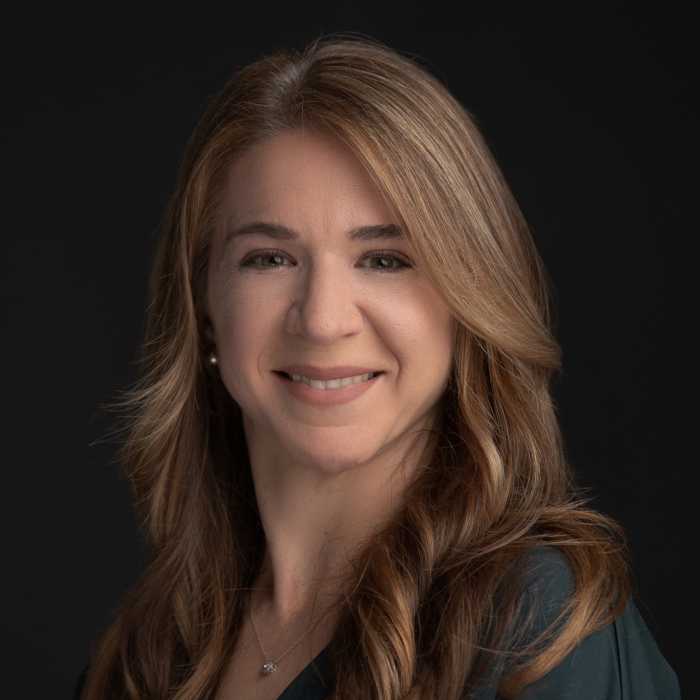
Janice Fuller
Mid-Atlantic President, Anbaric

Janice Fuller is Anbaric’s Mid-Atlantic president where she leads efforts to develop offshore wind transmission infrastructure. Prior to joining Anbaric, Ms. Fuller served as chief of staff to Congressman and House Energy and Commerce Committee Chair Frank Pallone (NJ-06), and previously served as district director. She has also held roles as director of cabinet affairs in the administration of Governor Jon Corzine where she oversaw the operations of several state departments and as the executive director of the New Jersey Democratic State Committee, as well as senior leadership roles in numerous political campaigns. Ms. Fuller graduated with honors from Boston University. She previously served as an elected member of the Board of Education in her hometown in New Jersey, and currently serves as a board member of the Boys & Girls Club of Monmouth County.
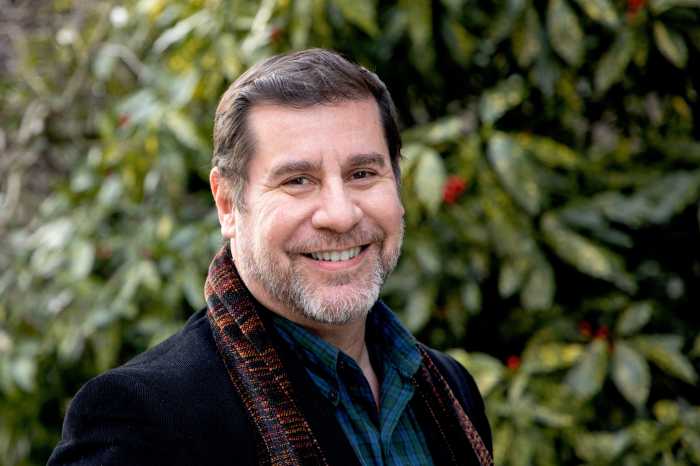
Arturo Garcia-Costas
Program Officer for Local, National and International Environmental Grantmaking, New York Community Trust

Arturo’s environmental fighting was inspired by his grandfather, who introduced him to the wonders of nature and science. Early in his career, Arturo was a leader in the global effort to phase out leaded gasoline, and has worked on local, national, and global environmental issues for decades. Arturo manages the New York Community Trust’s environmental grantmaking. He serves on the boards of NYSERDA, the National Environmental Education Foundation, and Friends of the Earth.
What does sustainability mean to you?
It means not pretending that our actions don’t have consequences for the world and for the future of humanity. Our economic systems and patterns of consumption are profoundly unsustainable and would require multiple Earths to maintain if replicated broadly. Responsibly coping with these truths is what animates me as an environmentalist. We need to promote circular economies where waste is eliminated, resources are circulated, and nature is regenerated at every level of governance.
Is there one major climate issue your organization is looking to tackle?
Arturo has spearheaded the Trust’s efforts to lift up the climate leadership of “frontline” communities through local, national, and international grantmaking. Their innovative, common-sense solutions will prepare us for a changing climate and help end the economic addiction to fossil fuels, which is damaging our health, despoiling the environment, and heating the planet. Whether it is offshore wind, community solar, or school bus electrification, the Trust supports local advocacy that addresses global challenges.
What is one thing everyone can do to help protect the environment?
Become better informed! Each person must make the environment more of a priority as consumers, voters, and neighbors. But to do this successfully, we must learn how to recognize the disinformation, spin, and bald-faced lies that fossil fuel interests have been churning out about human-induced climate change over the past two generations. When we do that, we will be able to make more responsible choices about how to spend our time, money, and political capital.
What steps are your organization taking to ensure a sustainable future?
Changing the systems–energy, transportation, finance, food–on which human civilization depends is the “North Star” for the Trust’s environmental grantmaking. Whether it is maintaining rain gardens in The Bronx or training senior energy leaders, we support myriad solutions–large and small–to the pressing environmental challenges of the day. When it comes to the climate crisis, we believe that we face an all-hands-on-deck, no-stone-left-unturned moment, and our grantmaking reflects that.
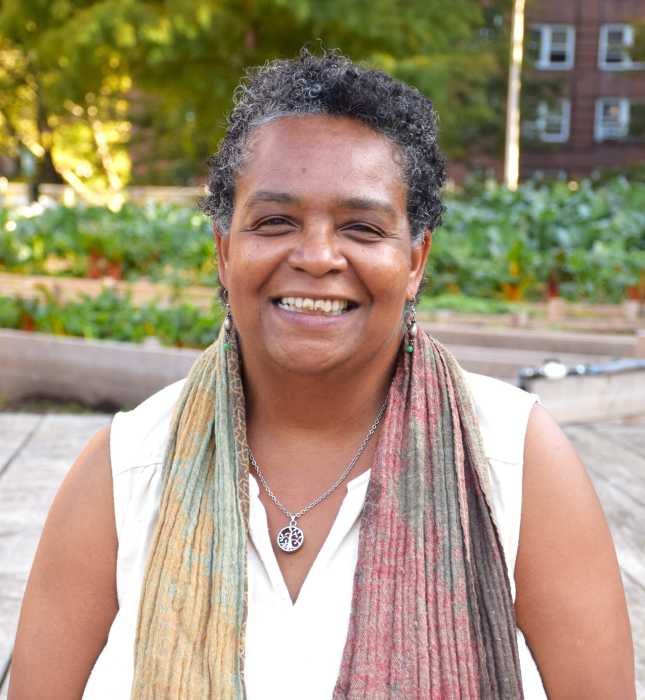
Tonya Gayle
Executive Director, Green City Force

Tonya Gayle is executive director of Green City Force (GCF). Prior to GCF, she worked at the New York City Housing Authority (NYCHA). Tonya spent most of her career in nonprofit organizations focused on economic justice for young people of color. She is a graduate of Wesleyan University, and a native Brooklynite. Tonya is passionate about providing young people with viable paths to create and lead a just and equitable world. Pronouns: She, Her, Hers
What does sustainability mean to you?
Sustainability means people and planet co-existing in mutually beneficial ways over centuries. It means environmental protection for all humans and nature including land, water and sky in urban and rural communities. It means fresh air, clean water, healthy food, safe and energy efficient buildings, resilience that come from communities hardest hit by environmental injustice. It means everyone being at the table to make decisions that inform a Just Transition. It means success for future generations.
Is there one major climate issue your organization is looking to tackle?
GCF is working toward a “green city” rooted in social, economic, and environmental justice. We view young adults from frontline communities as the essential force for driving the emergence of sustainable and resilient cities—by leading community transition, and promoting the values of a new regenerative and inclusive economy. Our ambition: that service to help build green and equitable cities becomes an avenue to opportunity for a generation of young residents of public and low-income housing.
What is one thing everyone can do to help protect the environment?
Despite having world-class tap water, New Yorkers purchase and consume one billion bottles of water yearly – about 125 bottles for every man, woman and child. About 86 percent of plastic water bottles in the U.S. land in the garbage amounting to about two million tons of PET plastic bottles piling up in U.S. landfills annually. If everyone used sustainable cups instead of plastic bottles that would have a significant impact on protecting the environment.
What steps are your organization taking to ensure a sustainable future?
We train young leaders to power a green and inclusive economy, through service. Our model corps in New York City enlists and trains young people from low income housing communities for a new and more equitable economy. We equip them with the tools to change the trajectory of their lives and access good jobs. We enlist young people to become contributors and leaders in the movement to build a greener, fairer and more just world.
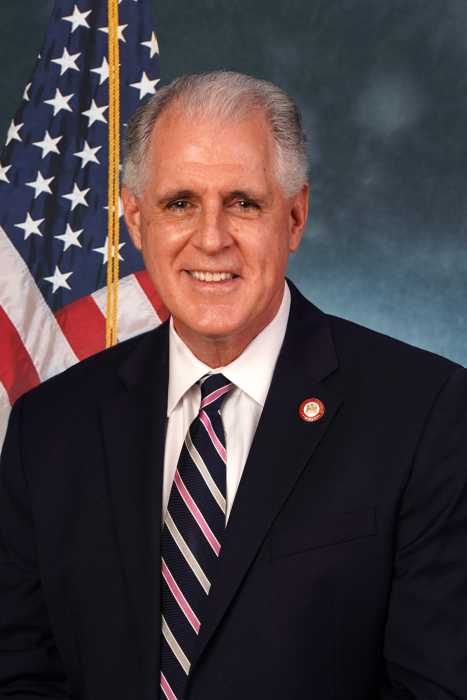
James Gennaro
Council Member, New York City Council | Chair, New York City Council Committee on Environmental Protection, Resiliency & Waterfronts

James F. Gennaro is a member of the NYC Council, where he chairs the Committee on Environmental Protection, Resiliency & Waterfronts. Gennaro served his first terms from 2002 to 2013. Since his return to the Council, Gennaro has continued to be the guiding hand of environmental policy in NYC. The main focus is holding the city accountable to its stated emissions goals and pushing for greater storm resiliency in the face of more frequent superstorms.
What does sustainability mean to you?
Every environmental gain we make has to be attributed and built upon. This is the essence of sustainability. Environmental improvements are not a “one-off.” We need to constantly strive for an environmentally sustainable future by building on prior accomplishments and making sure that they are built upon.
Is there one major climate issue your organization is looking to tackle?
The biggest climate issue NYC faces is to make sure that we do all the appropriate climate change adaptations that we need to make to protect our city from the effects of climate change. Climate change adaptation is now known as ‘resiliency’ – the ability for the city to be prepared for the effects of climate change and to be resilient in the face of them.
What is one thing everyone can do to help protect the environment?
To teach your children and the people around you to be good environmental stewards. The effects of climate change and how we can change it are going to rely greatly on the new generation and they should learn at a very young age what the city individually, and the planet collectively are in for. Being an environmental steward is a way of life, and the earlier they are locked into this mindset, the better.
What steps are your organization taking to ensure a sustainable future?
The New York City Council’s Committee on Environmental Protection, Resiliency and Waterfronts is committed to reducing greenhouse gas emissions, and taking the appropriate climate adaptation measures to better prepare the city for the harmful effects of climate change.
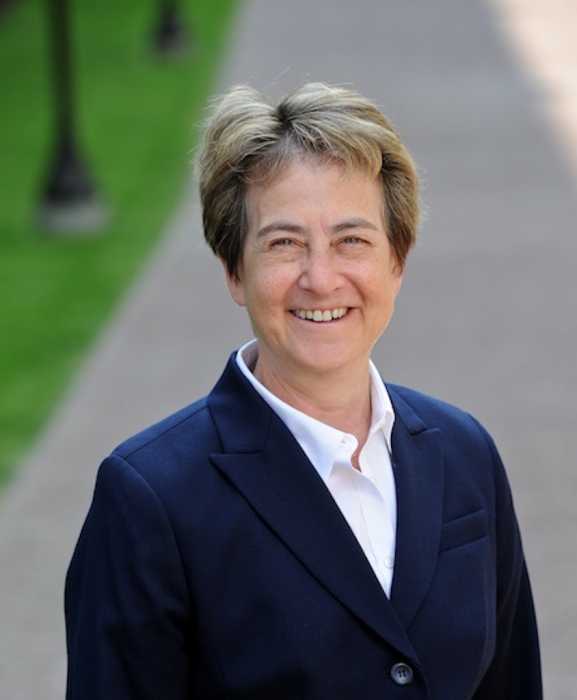
Deborah Glick
Assembly Member, New York State Assembly | Chair, Assembly Environmental Conservation Committee

As a representative of Lower Manhattan for over 30 years, Deborah Glick has been a strong advocate for civil rights, reproductive freedom, animals and environmental preservation, the arts, and tenants’ rights. A long-standing advocate for the environment, Glick was appointed as Chair of the Environmental Conservation Committee in 2023. She also serves on the Ways and Means, Rules, and Government Operations Committees.
What does sustainability mean to you?
Ensuring that today’s human activity doesn’t have a significantly negative impact on the ability of the next generation to live on a healthy planet. That the flora and fauna of the world can be maintained, renewed and thrive, guaranteeing biodiversity.
Is there one major climate issue your organization is looking to tackle?
The issues concerning the environment are so interrelated it is hard to identify an individual one. As it relates to our legislative agenda, I would say the extended producer responsibility act, which addresses waste reduction and recycling, is likely to be our most prominent focus.
What is one thing everyone can do to help protect the environment?
Consume fewer resources. If one looks at the drawdown proposals from environmentalists like Bill McKibben, reducing food waste has the most significant impact. We produce vast quantities of food, with all its attendant climate impacts, and yet leave so much of it to go to waste while too many people go hungry. So finding ways to limit our purchasing or finding ways to share unused food is a helpful start.
What steps are your organization taking to ensure a sustainable future?
We’re working on various legislative initiatives, from the extended producer responsibility act to legislation to dramatically reduce the amount of neonicotinoids (pesticides) used in growing food – in particular corn, wheat and soybeans.
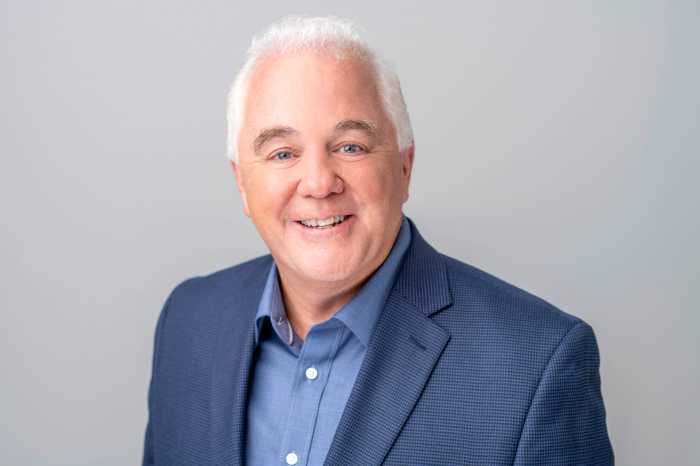
James Gowen
Senior Vice President of Sourcing, Global Supply Chain & Chief Sustainability Officer, Verizon

Jim Gowen is senior vice president, sourcing, global supply chain, and chief sustainability officer for Verizon. Since taking on these complementary roles in 2009, his team has enlisted more than 58,000 Verizon employees in 52 countries around the globe in helping to reduce the company’s environmental footprint while increasing the efficiency of a growing enterprise.
What does sustainability mean to you?
To me, sustainability means leveraging the many global opportunities to be a force for good for the planet. Over the past 27 years at Verizon, sustainability has become a strategic and operational imperative. I recognize that climate change poses a serious threat to society and may impact how we operate our business and networks, and I work every day to ensure that leading sustainability practices are embedded within our operations and our employees are engaged.
Is there one major climate issue your organization is looking to tackle?
At Verizon, we are doing our part to meet the enormity of the climate change challenge. Almost all of our operational carbon emissions come from the electricity we use to power our networks, so maximizing energy efficiency is a critical priority for us. We are improving energy efficiency across our networks and facilities through renewable energy purchasing agreements. Verizon is one of the leading buyers of renewable energy in the U.S.
What is one thing everyone can do to help protect the environment?
One thing everyone can do to help protect the environment is to return their electronic devices when they are at the end of their life. Verizon strives to divert 100% of e-waste from landfills by reusing or responsibly recycling materials. In 2022, Verizon reused or recycled approximately 43.4 million pounds of e-waste.
What steps are your organization taking to ensure a sustainable future?
At Verizon, we are mobilizing our resources, partnerships and people to help protect the planet for future generations. As we consider our role in climate protection, we believe that the next-generation capabilities enabled by Verizon’s 5G technology will not only present opportunities to deliver tremendous value to our stakeholders, but also provide critical solutions for a sustainable future.
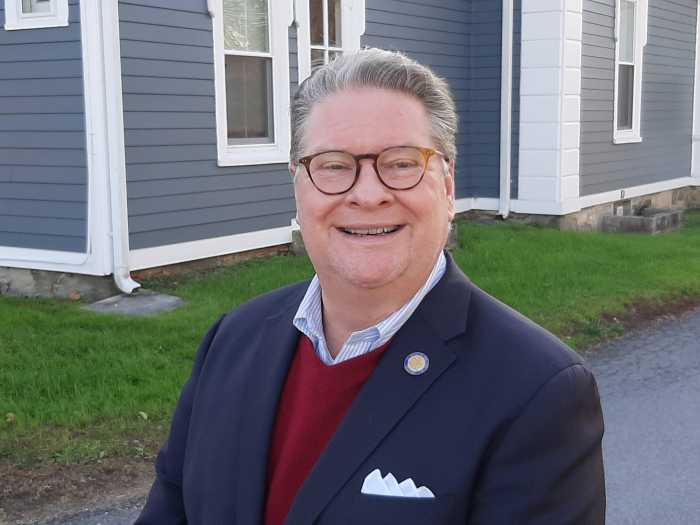
Pete Harckham
Senator, New York State Senate | Chair, Senate Environmental Conservation Committee

Pete Harckham was elected to the New York State Senate in November 2018, and re-elected in 2020 and 2022—the culmination so far of a distinguished career in public service. Currently, he is chair of the Senate Environmental Conservation Committee. Well-regarded as a champion of the environment, Harckham helped pass the toughest climate protection legislation in the nation; he sponsored the law requiring all new passenger car and truck sales to be zero emission by 2035.
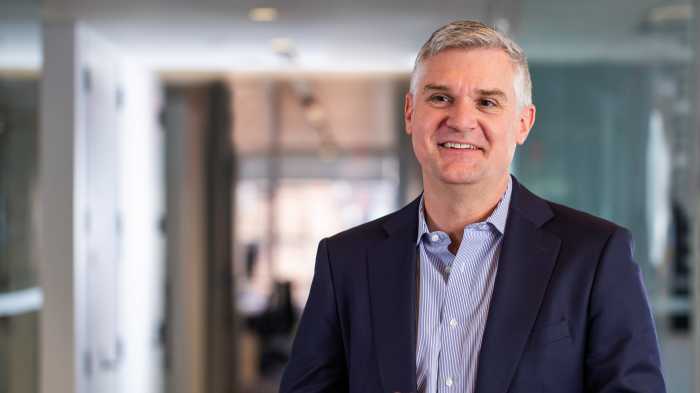
David Hardy
Group EVP and CEO, Americas, Ørsted

David Hardy is group EVP and CEO, Americas for Ørsted, a leading global clean energy company. He oversees integrated clean energy solutions including offshore wind, land-based wind, solar projects, storage, green fuels and other initiatives across the green energy transition. Projects include New York’s Sunrise Wind and South Fork Wind offshore wind farms. Ørsted is the U.S. leader in offshore wind energy and has one of the fastest-growing onshore renewable energy portfolios in the industry.
What does sustainability mean to you?
Sustainability to me encompasses not just environmental sustainability but social sustainability. At Ørsted we are committed to building clean energy projects that are good for communities. This means creating local jobs across our supply chain, partnering with organized labor to use highly-skilled union workers, recruiting and training a diverse workforce, protecting biodiversity and addressing environmental justice issues.
Is there one major climate issue your organization is looking to tackle?
With our New York offshore wind farms we will provide clean, renewable energy to power hundreds of thousands of homes across the state. By adding more green electrons to the grid, we are reducing New York’s carbon emissions and creating jobs while contributing to the state’s clean energy goals.
What steps are your organization taking to ensure a sustainable future?
Ørsted is a global clean energy leader and is accelerating the buildout of clean energy projects we need to fight climate change and ensure a more sustainable future for our planet. We are on track to be a net zero company across Scopes 1 and 2 by 2025 and have an ambition to achieve net zero across our entire value chain by 2040.





